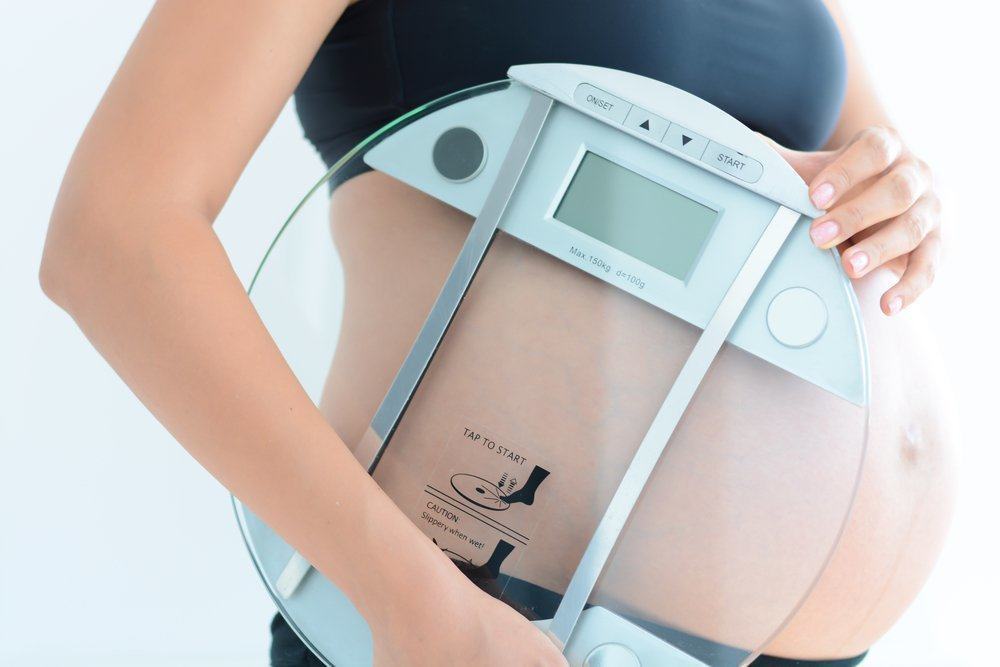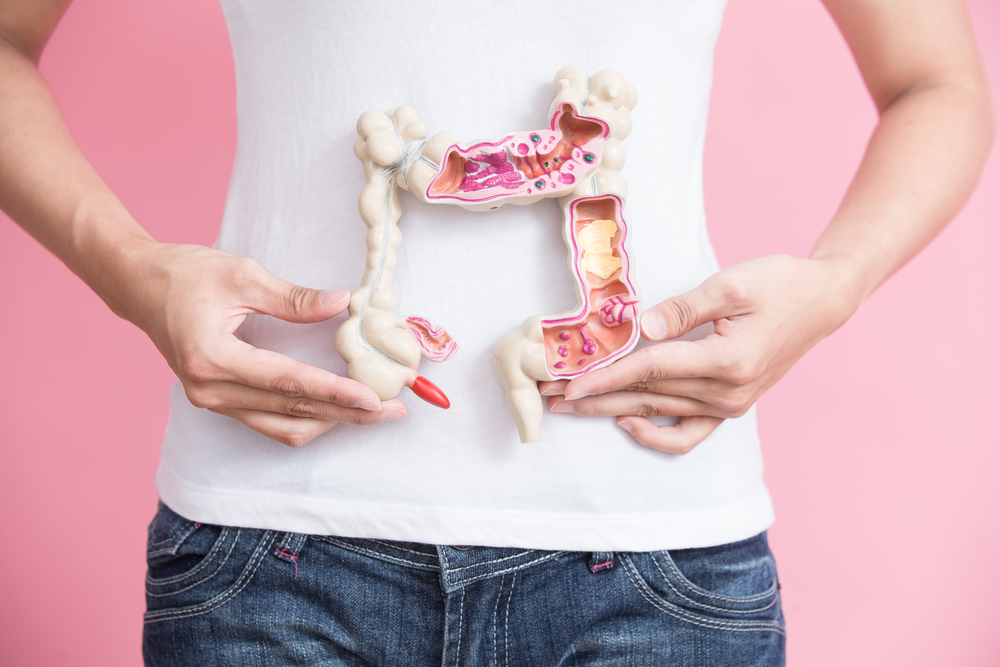Contents:
- Medical Video: Weight Gain and Pregnancy (Q&A)
- Increase weight during pregnancy not only because of the baby
- Recommendations for gaining weight during pregnancy
- How to control weight during pregnancy
Medical Video: Weight Gain and Pregnancy (Q&A)
Weight gain during pregnancy affects the health of the mother and baby at birth. Pregnant women who have excess weight during pregnancy increase the risk of experiencing diseases related to pregnancy. While pregnant women who have less weight during pregnancy can increase the risk of babies born with low weight. Gaining weight during pregnancy is very important for the baby because the baby's weight at birth and the baby's health status depends on the mother's weight during pregnancy.
Increase weight during pregnancy not only because of the baby
As many as 1/3 of the weight gain during pregnancy is for the fetus, placenta, and amniotic fluid, while the remaining 2/3 is for the uterine muscles (uterus) which continue to enlarge, breast tissue, increase blood volume, extracellular fluid, and fat storage pregnant women in preparation for breastfeeding.
Pregnant women store large amounts of body fat in normal pregnancies to meet the mother's body needs and fetal energy needs, and also to prepare energy needs while breastfeeding. The body stores the most fat between 10 to 20 weeks of pregnancy or before the highest energy requirements of the fetus. Fat reserves tend to decrease before the end of pregnancy. Only 0.5 kg of about 3.5 kg of fat reserves during pregnancy is stored in the fetus.
Pregnant women who are overweight during pregnancy can increase the risk of complications during pregnancy and during labor, such as gestational hypertension (high blood pressure during pregnancy), gestational diabetes, large babies (macrosomia), and cesarean delivery. Pregnant women who have less weight during pregnancy can increase the risk of premature babies (birth before the age of 37 weeks) and low birth weight (LBW). Therefore, try to gain weight in the normal range during pregnancy.
If you have excess weight, you should reduce your weight by exercising and reducing eating unhealthy foods, such as sweet and high-fat foods. If the mother has less weight, the mother should eat more diverse healthy foods.
Recommendations for gaining weight during pregnancy
Pre-pregnancy weight status affects the relationship between increasing maternal weight during pregnancy and the baby's weight at birth. Because pregnant women are underweight they tend to maintain their weight gain during pregnancy for their own needs, they need to gain more weight than other pregnant women during pregnancy. While pregnant women who have more weight can use a portion of their energy reserves to support fetal growth, so they only need to slightly increase body weight.
Weight gain during pregnancy does not guarantee the baby will have a normal weight at birth because of many other factors that affect the baby's birth weight. However, increasing body weight during pregnancy can increase the chances of newborn babies being in the normal range.
The range of weight gain during pregnancy varies between individuals depending on the weight the mother has before pregnancy. Here is the recommended weight gain during pregnancy:
- For mothers who have less weight (underweight) before pregnancy, that is, having a Body Mass Index (BMI) of less than 18.5 kg / m2, it is recommended to increase body weight by 13-18 kg during pregnancy.
- For mothers who have normal weight before pregnancy, that is, having a Body Mass Index (BMI) between 18.5-24.9 kg / m2, it is recommended to increase body weight by 11.5-16 kg during pregnancy.
- For mothers who have more weight (overweight) before becoming pregnant, that is, who has a Body Mass Index (BMI) between 25-29.9 kg / m2, it is recommended to increase body weight by 7-11.5 kg during pregnancy.
- For mothers who experience it obesity before becoming pregnant, that is, who has a Body Mass Index (BMI) of 30 kg / m2 or more, it is recommended to increase body weight by 5-9 kg during pregnancy.
- For mothers who are pregnant with twins, it is recommended to increase weight by 11.5-24.5 kg during pregnancy.
* Note: the formula for calculating the Body Mass Index (BMI) is body weight (kg) / [height (m)] 2
How to control weight during pregnancy
Eating healthy and balanced foods during pregnancy can help maintain the weight of pregnant women. Eat a variety of healthy foods, such as:
- Rice, potatoes, bread, and cereals that contain carbohydrates. Choose complex carbohydrates, such as brown rice and whole wheat bread, which are more nutrient-rich.
- Vegetables and fruits, at least 5 servings a day.
- Meat, fish, and eggs that contain animal protein, as well as tempeh, tofu, and nuts containing vegetable protein
- Milk and dairy products, like yogurt and cheese. Choose low fat if pregnant women are overweight.
To be healthier, you should limit sweet foods or drinks, limit the use of salt in food, and limit eating fried foods. We recommend that you choose foods that are cooked by boiling, baking, or steaming to make it healthier.
Try to eat a little but often, around 5-6 meals a day. In addition, do light exercise during pregnancy, such as walking and swimming. Always actively moving can maintain body weight and help mothers undergo labor easily and smoothly.
READ ALSO
- How to get pregnant if you are overweight
- How to get pregnant when you lose weight
- Tips to Avoid Rising Unwanted Weight When Pregnant With Diabetes












